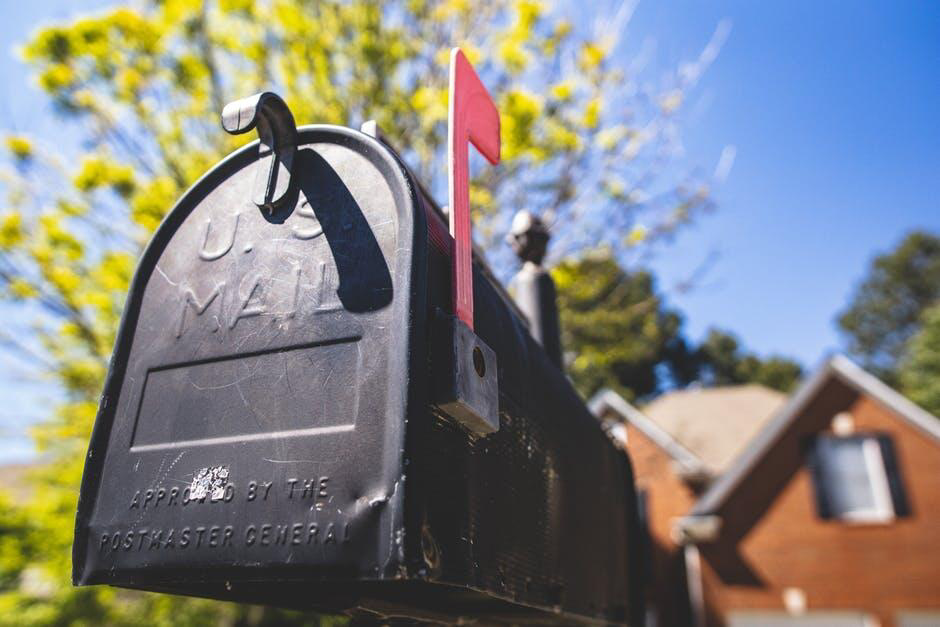Basement flooding is a nightmare for any homeowner. It can cause immense damage, not just to your property but also to your peace of mind.
Water damage can lead to mold growth, weaken your home’s foundation, and ruin priceless belongings. Understanding the common causes of basement floods is crucial in preventing them. Read on to learn more.
Use Waterproofing Paint
One of the primary causes of a flooded basement is water seeping through the walls. To prevent this, consider using waterproofing paint on your basement walls. This type of paint creates a seal that prevents water from entering your home.
Water flooding can cause extensive damage to your home’s structure and the belongings stored in your basement. Therefore, investing in waterproofing is a small price to pay for peace of mind.
Be sure to calculate average cost to waterproof basement depending on the size and condition of your walls. It may be an initial investment, but it can save you from costly repairs in the future.
Keep Your Gutters Clean
Flooding prevention also starts outside your home. Clogged gutters can cause water to overflow and pool around the foundation of your house, increasing the risk of basement flooding. Make sure to regularly clean out leaves, debris, and other obstructions from your gutters to ensure proper drainage.
A basement cleanup can be a time-consuming and expensive process. By keeping your gutters clean, you can prevent potential water damage to your home, saving you from the hassle and cost of dealing with a flooded basement.
Fix Any Cracks or Leaks
Another common cause of basement flooding is cracks or leaks in your home’s foundation. These openings allow water to seep into your basement. It’s essential to regularly inspect your foundation for any cracks or signs of water damage and repair them immediately.
Moreover, be sure to check the seals around windows and doors in your basement as well. Fixing these leaks can prevent significant water damage and potential mold growth.
Install a Sump Pump
A sump pump is an essential tool for preventing flood in the basement. This device is installed in the lowest part of your basement and works by pumping out any excess water that accumulates. This can be especially helpful during heavy rainfalls or when there is a high water table in your area.
When choosing a sump pump, make sure to select one with enough power and capacity for your basement’s size.
Use Dehumidifiers
Dehumidifiers can significantly reduce the moisture levels in your basement, making it less susceptible to mold growth and water damage. Employing a moisture-removal process, these devices pull in humid air and release dry air back into the room. This process not only helps in drying out a damp basement but also maintains a healthy humidity level.
When choosing a dehumidifier, consider the size of your basement and the device’s capacity to ensure it’s effective in your space. Regularly empty the water reservoir or connect the dehumidifier to a drain for continuous operation.
By managing the humidity in your basement, you can prevent the conditions that lead to flooding and other water-related issues.
Recovering From Basement Floods
Don’t wait for potential basement floods. Preventing them is key. By taking proactive measures, you can reduce the risk of a flooded basement and protect your property from water damage. Take action now to prevent future floods.
For more informative articles, please visit the rest of our blog.
Stay in touch to get more updates & news on Essential Tribune!








